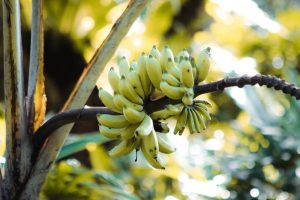How do we know humans are causing climate change?

It pains me to have to write a blog on this topic in 2019. I feel that at this point, people who claim they haven’t seen enough evidence that humans are changing the climate are, frankly, just not looking very hard. Plenty of people have covered this topic in the past and there are some great summaries available, at all different levels of scientific detail.
Nevertheless, this is a question I’ve found myself being asked to address repeatedly over the last few weeks and months. So I thought I would just write down my answer here instead.
Continue reading
